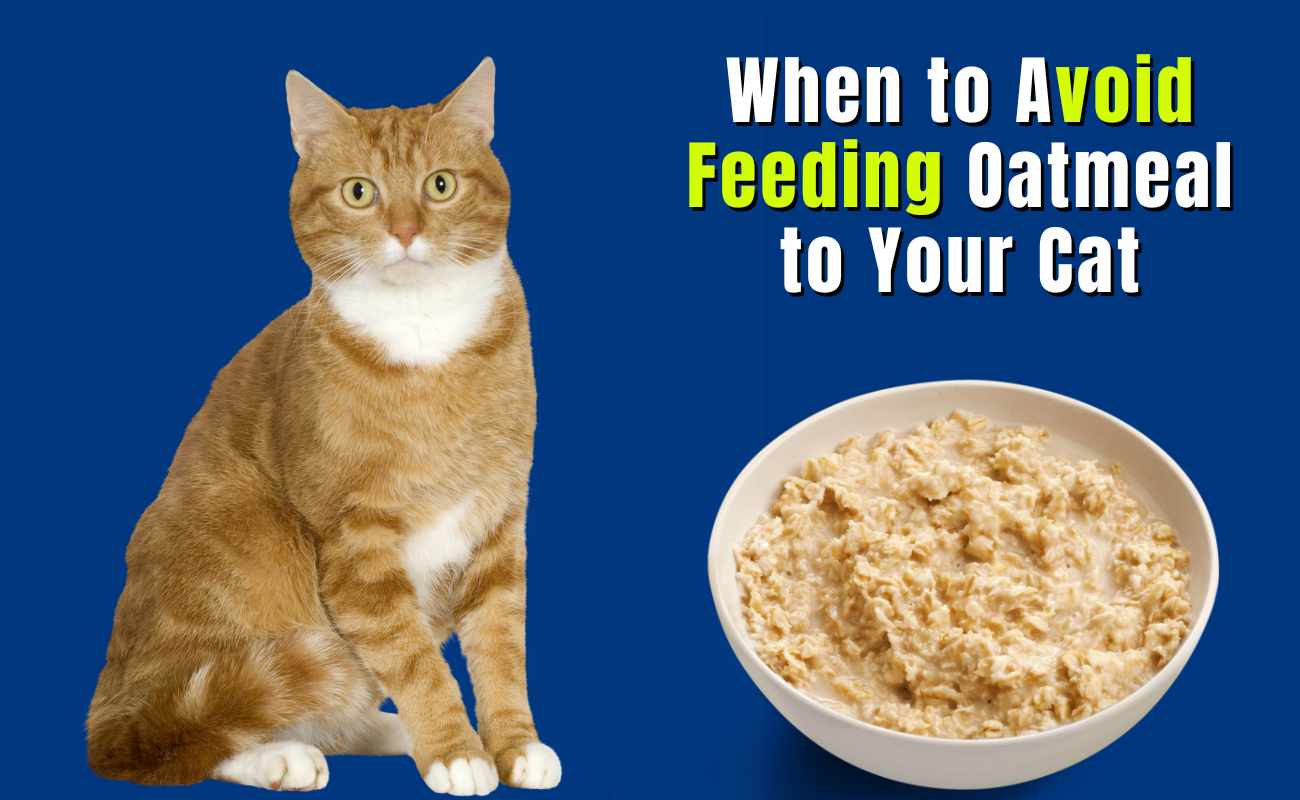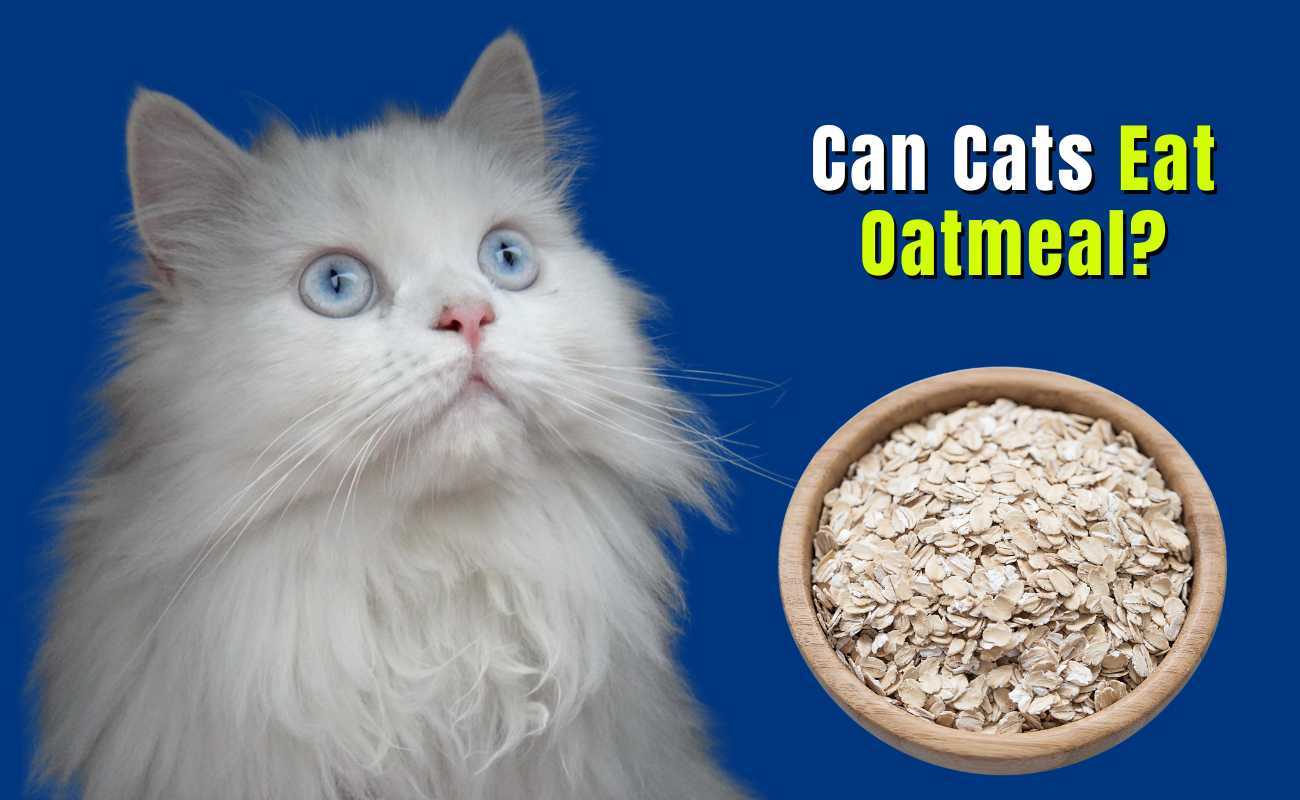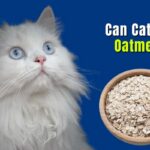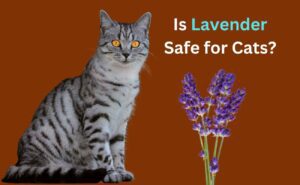Oatmeal is a popular breakfast choice for many people due to its health benefits and versatility. But what about our feline friends? Can cats eat oatmeal? As a cat owner, it’s important to know what foods are safe for your pet and which ones are best avoided. In this article, we’ll explore whether oatmeal is safe for cats, the potential benefits and risks, and how to prepare it if you decide to share this treat with your furry companion.
What is Oatmeal?
Oatmeal is made from oats, a type of whole grain. It is often consumed for breakfast and can be prepared in various ways, such as boiling oats in water or milk. Oatmeal is known for being rich in fiber, vitamins, and minerals, which can provide health benefits for humans. But when it comes to feeding it to cats, there are a few things to consider.
Can Cats Eat Oatmeal?
Yes, cats can eat oatmeal in small amounts. Oatmeal is not toxic to cats, and some cats may enjoy the taste and texture. However, it’s important to remember that cats are obligate carnivores, meaning their diet should primarily consist of meat. While oatmeal can be a safe treat for cats, it should not replace their regular meals or be a significant part of their diet.
The Nutritional Value of Oatmeal for Cats
Oatmeal contains several nutrients that can be beneficial to cats in moderation:
- Fiber: Helps with digestion and can be useful for cats with digestive issues.
- Vitamins: Oatmeal is a source of B vitamins, which support metabolism and overall health.
- Minerals: Contains small amounts of minerals like iron and manganese, which are essential for various bodily functions.
However, these benefits are only relevant if oatmeal is given in small amounts as an occasional treat. Since cats require a diet high in animal protein, the nutrients in oatmeal do not meet their specific dietary needs.
Here’s a nutritional value table for oatmeal that could be included in your article about whether cats can eat oatmeal:
| Nutrient | Amount per 100g (cooked oatmeal) | Potential Benefit for Cats |
|---|---|---|
| Calories | 71 kcal | Provides energy, but cats primarily need energy from protein and fat. |
| Protein | 2.5 g | Low protein content; cats require high protein from animal sources. |
| Fat | 1.5 g | Low fat content; not a significant source for cats. |
| Carbohydrates | 12 g | Provides some energy, but cats do not require a high-carb diet. |
| Fiber | 1.7 g | May aid in digestion and help with constipation in small amounts. |
| Vitamin B1 (Thiamine) | 0.1 mg | Supports metabolism, but cats should primarily get vitamins from animal-based foods. |
| Vitamin B6 | 0.03 mg | Important for metabolism; again, animal-based sources are better for cats. |
| Iron | 0.9 mg | Essential for blood health, but cats need more iron from meat. |
| Magnesium | 27 mg | Important for enzyme function and energy production, but only needed in small amounts. |
| Phosphorus | 77 mg | Supports bone health, though balance with calcium is crucial. |
| Potassium | 84 mg | Important for muscle function and nerve signals, but cats primarily get it from meat. |
Note: The values above are approximate and are based on cooked oatmeal prepared with water, without added ingredients like milk, sugar, or salt. It’s essential to remember that while these nutrients can have benefits, oatmeal should only be an occasional treat for cats and not a substitute for their regular, meat-based diet.
How to Safely Prepare Oatmeal for Your Cat
If you decide to offer oatmeal to your cat, here are some tips to ensure it’s safe:
- Use Plain Oats: Opt for plain, unsweetened oats. Avoid flavored or instant oatmeal that may contain harmful additives.
- Cook with Water: Always cook oatmeal with water, not milk. Many cats are lactose intolerant, and milk can cause digestive upset.
- Cool It Down: Make sure the oatmeal is completely cooled before offering it to your cat. Hot oatmeal can burn their mouth.
- Serve in Small Amounts: Start with a teaspoon of oatmeal to see if your cat likes it and tolerates it well. If they seem to enjoy it and have no adverse reactions, you can occasionally offer it as a small treat.

When to Avoid Feeding Oatmeal to Your Cat
Not all cats will benefit from eating oatmeal, and there are certain situations where it’s best to avoid it altogether:
- Existing Health Conditions: If your cat has any pre-existing health conditions, such as diabetes or kidney disease, consult your veterinarian before offering oatmeal or any new food.
- Overweight or Obese Cats: While oatmeal can be a low-calorie treat, it’s still a carbohydrate. Cats with weight issues may benefit more from high-protein, low-carb treats.
- Picky Eaters: Some cats may simply not like oatmeal, and that’s perfectly okay. Never force a cat to eat something they don’t enjoy.
What to Do if Your Cat Eats Too Much Oatmeal
If your cat accidentally consumes too much oatmeal, monitor them for any signs of digestive upset, such as vomiting, diarrhea, or lethargy. In most cases, small amounts of plain oatmeal won’t cause serious harm, but if you notice any concerning symptoms, contact your veterinarian for advice.
Conclusion
So, can cats eat oatmeal? The answer is yes, but with caution. Oatmeal can be a safe and occasional treat for cats if prepared properly and served in small amounts. However, it’s not necessary for their diet and should never replace their regular cat food. Always prioritize your cat’s nutritional needs and consult with your veterinarian before introducing any new foods into their diet.
By understanding the potential benefits and risks, you can make informed decisions about what’s best for your furry friend. Remember, every cat is different, and what works for one might not work for another. When in doubt, stick to a balanced diet specifically designed for cats to ensure they stay healthy and happy.









